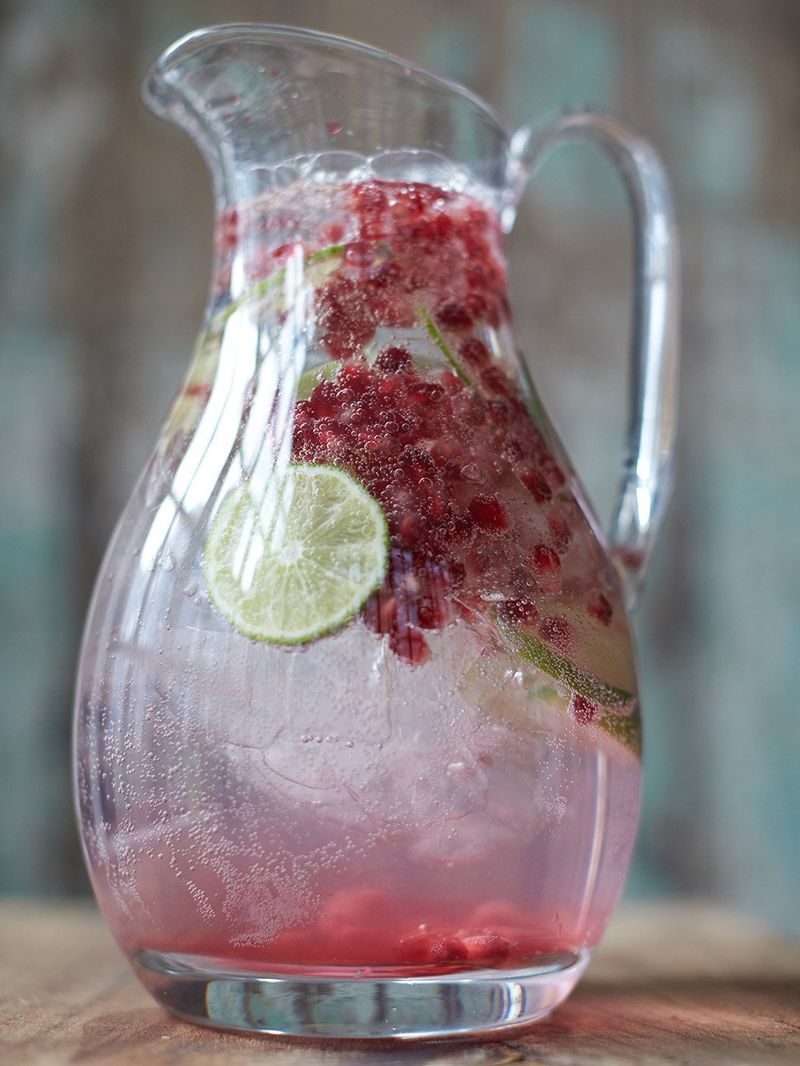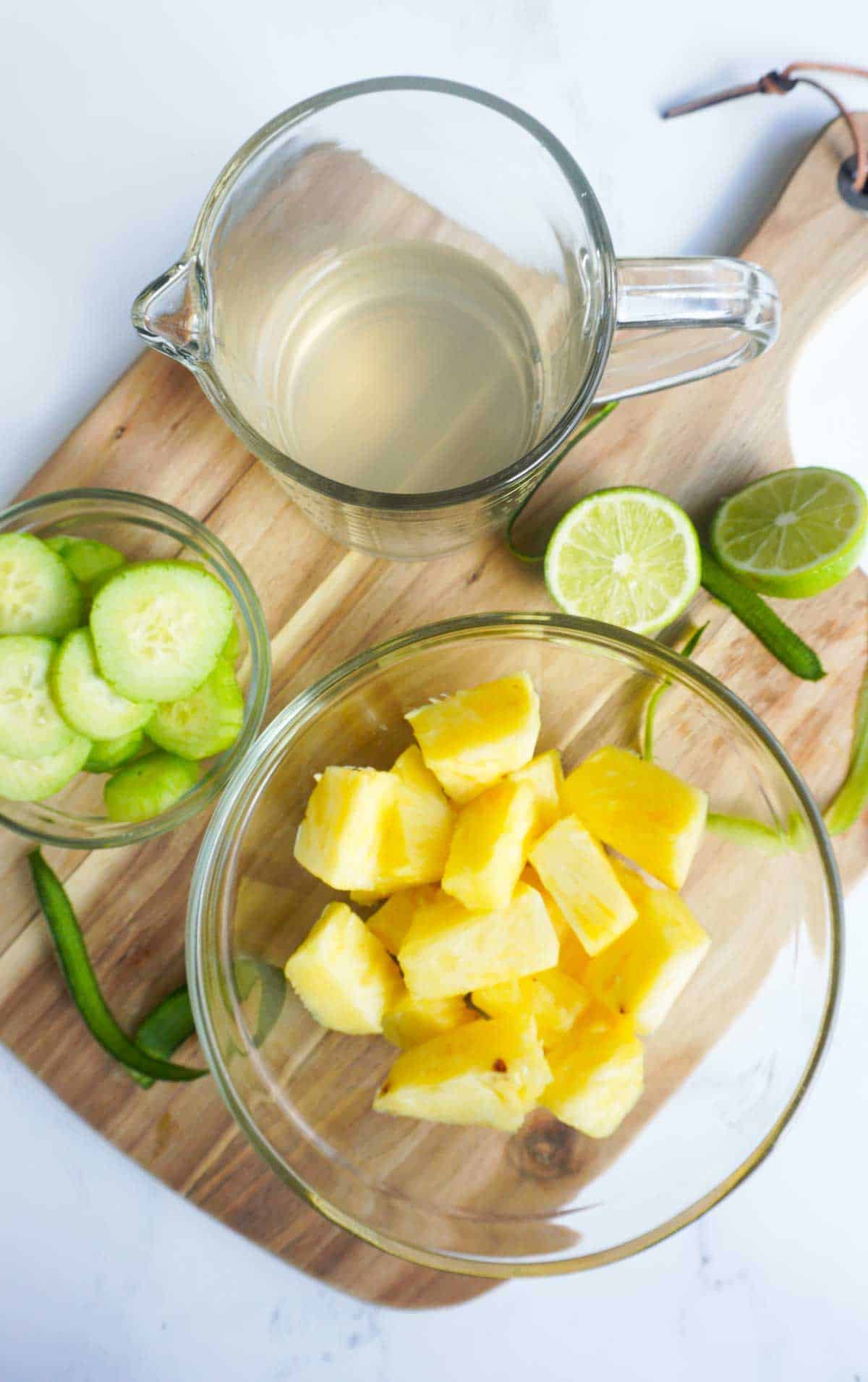As the temperatures drop and the air becomes crisp, it’s easy to forget about staying hydrated during the winter months. While dehydration may seem like a concern reserved for hot summer days, the truth is that it’s just as important to prioritise hydration in the winter.
In the warmer months, we’re often bombarded with obvious reminders to drink water, but come winter, these reminders fade into the background. Just like how it’s easier to wear sunscreen on a sunny day versus a chilly one.
Understanding Winter Dehydration

Contrary to popular belief, dehydration is not just a concern during hot summer days. In fact, the cold weather can exacerbate dehydration for several reasons:
- Dry Air: Winter air tends to be drier, especially indoors with the use of heaters. This dry air can cause moisture to evaporate from your skin and respiratory system more quickly, leading to increased fluid loss.
- Decreased Thirst Sensation: You might not feel as thirsty in winter compared to summer, which can lead to reduced water intake if you’re not consciously aware of your body’s hydration needs.
- Increased Urination: Cold weather can cause your blood vessels to constrict, which may lead to increased urine production. This, coupled with the body’s natural response to conserve heat by reducing blood flow to the skin, can result in additional fluid loss.
- Bundling up in layers can result in sweating through our clothes, but in cold, dry air, this sweat evaporates quickly, making it less noticeable compared to warmer temperatures.
So, how can we combat winter dehydration?
Moisturise Your Skin
Combat the drying effects of indoor heating by using a humidifier to add moisture to the air. Additionally, moisturize your skin regularly with a hydrating lotion to prevent moisture loss.
Monitor Your Urine Color:
Keep an eye on the color of your urine as a simple indicator of hydration status. Pale yellow urine indicates adequate hydration, while dark yellow or amber-colored urine may signal dehydration.
Eat Water-Rich Foods
Incorporate water-rich fruits and vegetables into your diet, such as cucumber, watermelon, oranges, and celery. These foods not only provide hydration but also essential vitamins and minerals.
Limit Caffeine and Alcohol Intake
Beverages like coffee, tea, and alcohol can have diuretic effects, increasing urine production and contributing to dehydration. Limit your intake of these beverages, especially when combined with outdoor activities in cold weather.
Hydrate Before, During, and After Exercise
Don’t forget to drink water before, during, and after outdoor activities, even if you don’t feel as thirsty as you would in summer. Sweating still occurs during winter exercise, leading to fluid loss that needs to be replenished.
Drink Plenty of Water (the obvious answer…)
Aim to drink at least 8-10 glasses of water per day, even when you’re not feeling thirsty. If you find plain water unappealing in cold weather, try herbal teas or warm lemon water to stay hydrated. Below are a few ideas of hydrating drinks to try:
Conclusion
Don’t let the cold weather trick you into thinking dehydration is not a concern. Staying hydrated during winter is essential for maintaining overall health and well-being. By following these tips and being mindful of your body’s hydration needs, you can combat winter dehydration and enjoy the season to its fullest. Stay warm, stay hydrated, and stay healthy!


